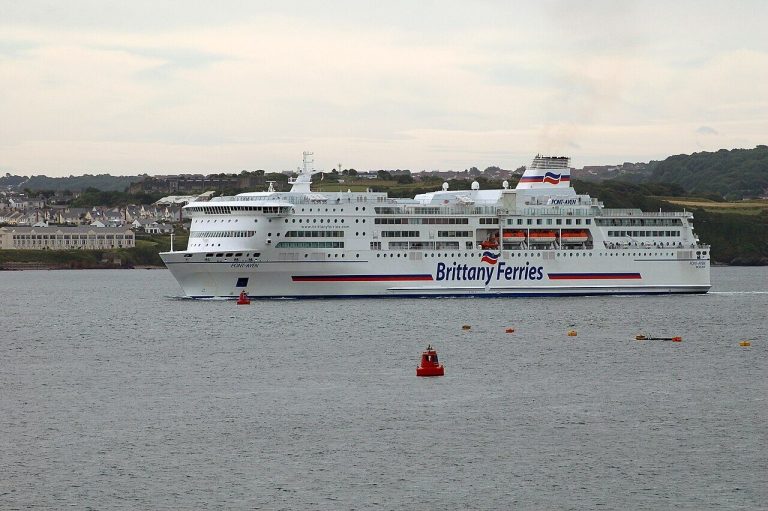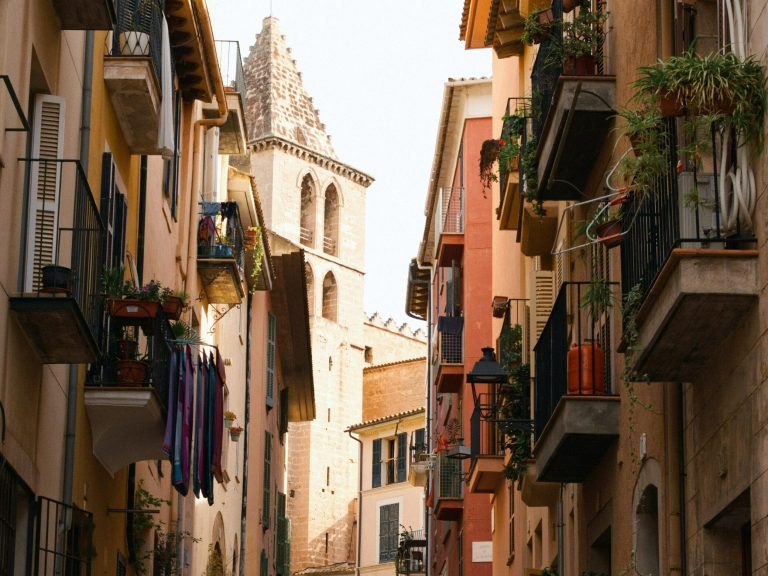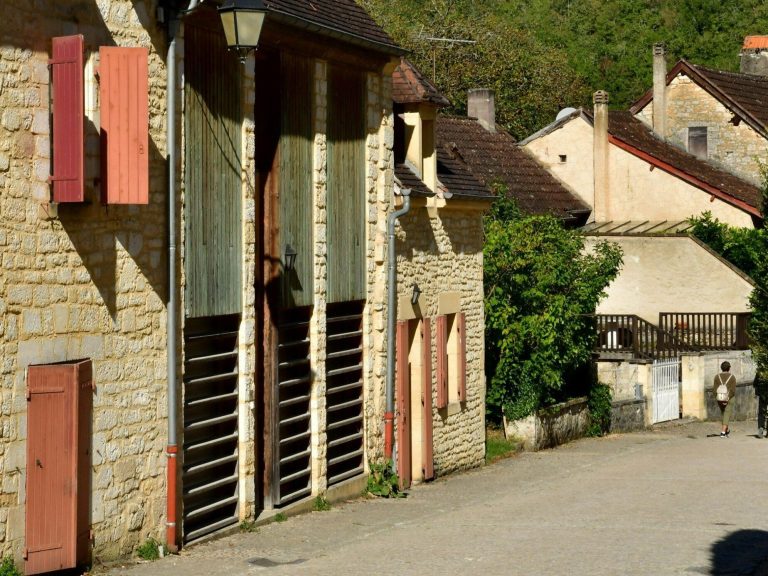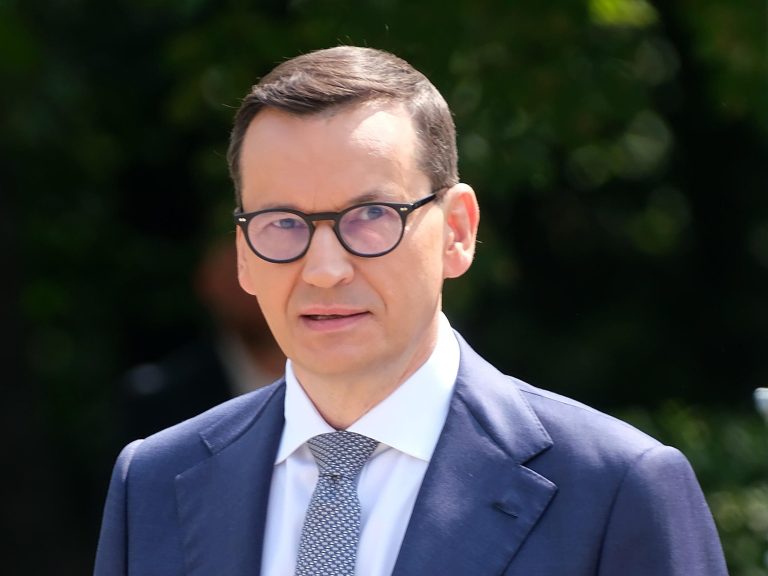Holidays 2023 weaker than last year. “Capricious weather and thin wallets”
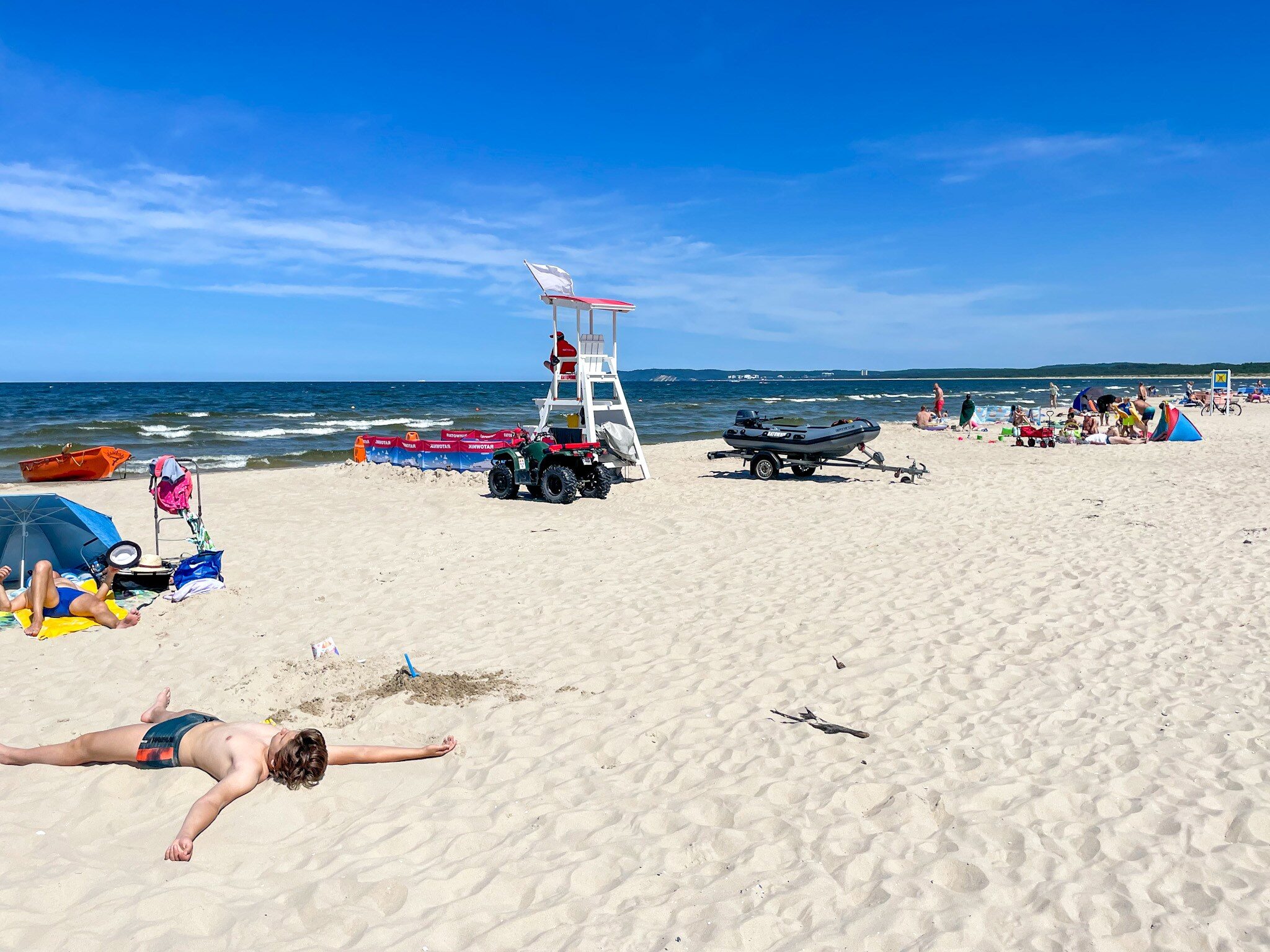
It was not a successful holiday for the Polish tourism industry. – Capricious weather and thin wallets of Poles are a deadly combination for the domestic tourism industry, still battered after the pandemic – sums up the season on Nocowanie.pl. At the Polish seaside and in the mountains it was even 30 percent higher. fewer tourists. And those who came decided to stay only for a few days. – Without a new fuel for the tourism market, we must take into account a significant decline – sums up Tomasz Machała, president of Nocowanie.pl.
Nocowanie.pl summarizes the ending holidays. As he writes in the release, owners of facilities in seaside towns suffered the least, especially popular ones such as Kołobrzeg, Łeba, Darłówko, Ustka, Władysławowo and Świnoujście, because these were most often chosen by tourists.
– In Giżycko this year we had 6 percent more logins to mobile networks than last summer, which proves that there were more tourists, although their stays were shorter – says Robert Kempa from the Tourist Information Center in Giżycko.
Shorter trips to large centers
It was not only in Giżycko that the beaches were filled mainly on weekends.
– The trend was very visible. Tricity coped much better than other towns in the coastal area or Kashubia. While the hotels in Gdańsk, Gdynia and Sopot were full, the number of arrivals in other towns was 30-35%. fewer tourists – notes Łukasz Magrian from the Pomeranian Regional Tourist Organization. – Tourists shortened their stays to 2-4 days. They were going on extended weekends, and the middle of the week was rather less busy.
Similarly, in the Polish Tatra Mountains: large centers such as Zakopane, Karpacz or Wisła had a much larger number of tourists than smaller towns. Here, too, stays were limited to only a few days.
– The duration of stay in the mountains was also shortened. This season it was about 4 days, says Karol Wagner from the Tatra Chamber of Commerce.
Short trips are the hallmark of this year’s holidays. Domestic holidays were short – on average 3.5 days – according to the analysis of the Nocowanie.pl platform. Vacationers also opted for weekend city breaks to large cities, which offer many opportunities to spend their free time, regardless of the weather. Hence, the most popular destinations include: Kraków, Gdańsk, Warsaw and Wrocław.
– On weekends, occupancy was around 90 percent or more. The middle of the week was much weaker, about 50 percent – confirms Robert Kempa.
Your own basket
The high prices and increasingly scarce wallets of Poles have also made their presence felt.
– There was a large separation. High-standard hotels with package offers sold well, because the richest Poles can still afford them. Sales of average-standard properties were worse. Moreover, we noticed that the number of breakfasts purchased in these facilities decreased because tourists prepared them themselves to save money, adds Tomasz Magrian.
Data from the Tourist Information Center in Giżycko show that tourists saved money not only on breakfast.
– We noticed that tourists first booked accommodation and then had a budget. It was often the case that they did not go to the restaurant and prepared their own meals. They preferred to go to cheaper places, choosing pizza, kebab or fast food. Before the season, there were quite a few places serving such dishes on the map of Masuria – emphasizes Robert Kempa from CIT in Giżycko.
– Cost optimization was visible. For example, guests used the restaurant but ordered less, explains Karol Wagner. – However, it must be admitted that this year Podhale entrepreneurs adjusted the price to the market and demand.
Due to inflation and high prices, tourists often gave up paid attractions, visits to amusement parks, amusement parks and water parks.
Uncertain weather
The unpredictable weather also took its toll.
– The beginning of July was poor. Tourists canceled their reservations. There were no advance reservations either, because people first checked what the weather would be like and booked their trip at the last minute. August turned out to be a better month this year. It was warm and there was a long weekend, so the result at the seaside is better than in July – explains Tomasz Magrian.
In Masuria, the August weather was also kind.
– The entire August long weekend was fully booked and there were no vacancies a week before – confirms Robert Kempa.
The season also took a long time to accelerate in the Polish mountains.
– This year the season started only in the third week of July. However, when it started, the occupancy rate was high until the last week of the holidays – says Karol Wagner.
However, the unpredictability of the weather this year meant that Poles chose foreign resorts with guaranteed sun instead of their home beaches. The value of holiday bookings abroad has increased by over 50 percent.
Need a new tourist voucher?
The tourism industry emphasizes that without systemic solutions, the future of domestic tourism may be in question.
– We definitely noticed that after the end of the government holiday voucher program, the number of bookings began to drop dramatically – confirms Tomasz Magrian.
Tomasz Machała, on the other hand, emphasizes and adds that the success of the government program in the form of a tourist voucher, which ended in spring, has shown how much solutions are needed to support Polish households in taking advantage of increasingly expensive holidays. Romania also supports the tourism industry, where over 2 million overnight stays were booked with the “voucher de vacanta” for public sector employees during this year’s holidays alone.
– We also need new solutions in Poland. Without a new fuel for the tourism market, we must take into account a significant decline – sums up Tomasz Machała.

